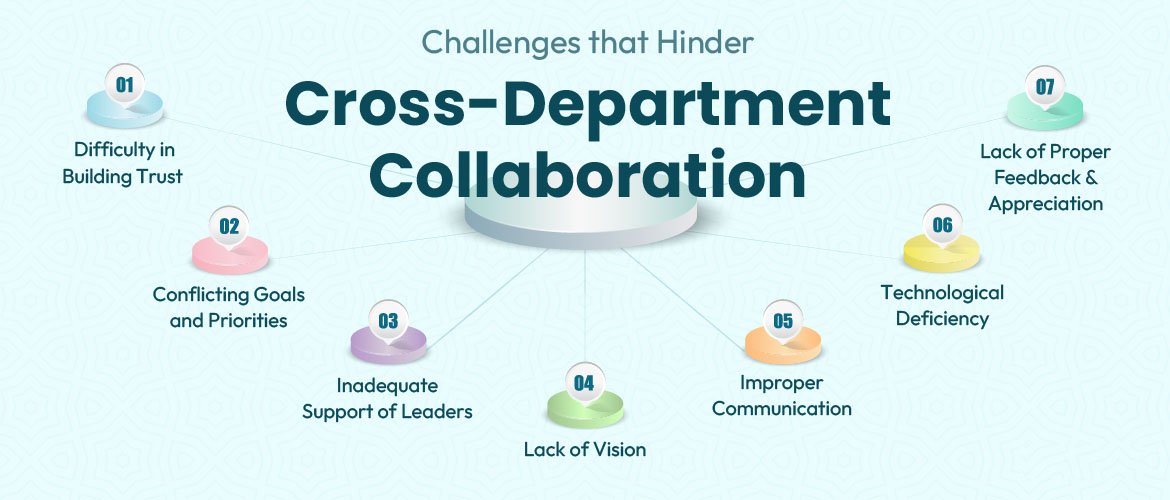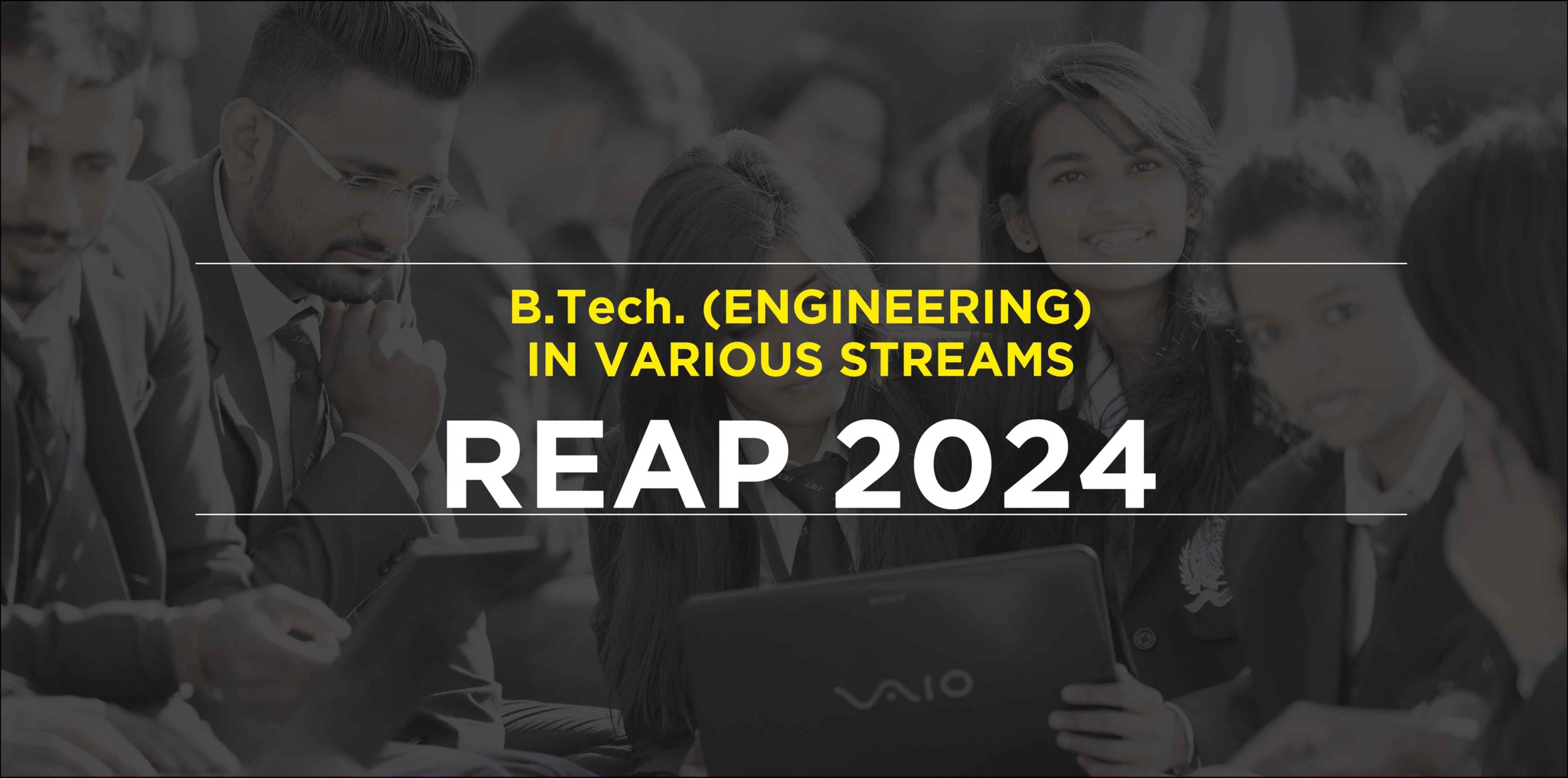B.Tech. in Cyber Security
Quick links
Fees
Placement
Scholarship
Overview
Cyber Security is intended to mold students into well-prepared cybersecurity professionals and has been designed with a good balance between theoretical & practical aspects, analytical and architectural methods complemented by academic research, and industry best practices. The curriculum is specially prepared by experts covering all the needs and aspects a cyber security engineer needs.
Students are provided with a spectacular pack of dedicated faculty panels who train and educate the students in Cyber Security with a clear and fundamental understanding of Computer Science & Engineering.
Course Highlights
| Course level | Graduate |
|---|---|
| Duration | 4 Years |
| Average Salary Package | INR 7,00,000 |
| Highest Salary Package | INR 33,00,000 |
| Examination Type | Semester System |
| Program Eligibility | 10+2 or equivalent with a minimum of 45% marks |
| Top Recruiting Organizations | Infosys, TCS, Capgemini, Wipro, Accenture, Tekion,& many more |
Educational Objectives
The core aim of this program is to maximize the use of data in innovative methods to extract useful information. With the complete usage of the data, useful insights can be generated for the business's betterment. Hidden patterns are pulled in front, making way for incurring smarter decisions.
The curriculum of the Cyber Security program focuses on training and educating the students with hands-on experience and knowledge. A varied range of essential learning techniques is provided to the student in this course to sharpen their skill sets.
Our Placements
Celebal
Cloudthat
DeCurtis
Programmers.io
ExternLabs
Vasyerp Solutions
Appcino Technologies
Infosys
Tech Mahindra
actysystem
Top Recruiters
Celebal Technology
UltraTech
ISRO
DRDO
IIT Jodhpur
CADC
Tata motors
NBC
All India
CEERI pilani
About Cyber Security
+ VISION
The department of Technology aims at being recognized globally as a pioneer in the field of emerging technologies and their applications to benefit society through innovation-based development.
+ MISSION
- To provide knowledge-based academic infrastructure to bridge the gap between academia and industry.
- To create a nurturing environment for lifelong learning through value-based education and enhance analytical skills through continuous improvement.
- To develop competent professionals with a visionary approach.
- To develop competent professionals in the emerging areas of artificial intelligence and data science.
+ PROGRAM EDUCATIONAL OBJECTIVES (PEOs)
- PEO1: In depth understanding of the fundamentals of Artificial Intelligence and Data Science and cultivate problem solving ability and analytical skills.
- PEO2: To facilitate the students with data analytics and machine learning skills and motivate them to solve complex real world problems using predictive and cognitive modelling.
- PEO3: To train the students with good communication, interpersonal and leadership skills to enable them to fulfill social and professional responsibilities.
- PEO4: Expose students to various contemporary issues which will enable them to become ethical and responsible towards society and work for the betterment of mankind
+ PROGRAM SPECIFIC OUTCOMES (PSO)
- PSO1: The graduates are proficient in fundamental principles and methods of Artificial Intelligence, Data Science and other related mathematical and scientific reasoning and are able to:
a) Apply fundamental concepts of advanced statistics, random variables, queuing theory, correlation and regression, and discrete mathematics.
b) Design, create & evaluate statistical models for decision making.
- PSO2: The graduates possess in-depth knowledge of various components of artificial intelligence and data science. The students have thorough understanding of:
a) Artificial Intelligence based systems and functionality of various units.
b) Role of data science in the benefit of society.
- PSO3: The graduates are competent in logic based programming languages and possess basic knowledge of several interactive data visualization software.
- PSO4: The graduates exhibit knowledge of best data mining practices and optimization techniques and can work as a team leader or member in developing expert systems.
- PSO5: The graduates possess the ability to explore emerging technologies and provide innovative solutions to real time problems within constraints such as financial, environmental, social and ethical.
** PROGRAM OUTCOMES (POs)**
- PO1: Engineering knowledge: Apply the knowledge of mathematics, science, engineering fundamentals, and their engineering specialization to the solution of complex engineering problems.
- PO2: Problem analysis: Identify, formulate, review research literature, and analyze complex engineering problems reaching substantiated conclusions using first principles of mathematics, natural sciences, and engineering sciences.
- PO3: Design/development of solutions: Design solutions for complex engineering problems and design system components or processes that meet the specified needs with appropriate consideration for public health and safety, as well as cultural, societal, and environmental considerations.
- PO4: Conduct investigations of complex problems: Use research-based knowledge and research methods including design of experiments, analysis and interpretation of data, and synthesis of the information to provide valid conclusions.
- PO5: Modern tool usage: Create, select, and apply appropriate techniques, resources, and modern engineering and IT tools, including prediction and modelling, to complex engineering activities with an understanding of their limitations.
- PO6: The engineer and society: Apply reasoning informed by the contextual knowledge to assess societal, health, safety, legal and cultural issues and the consequent responsibilities relevant to the professional engineering practice.
- PO7: Environment and sustainability: Understand the impact of professional engineering solutions in societal and environmental contexts, and demonstrate the knowledge of, and need for sustainable development.
- PO8: Ethics: Apply ethical principles and commit to professional ethics and responsibilities and norms of the engineering practice.
- PO9: Individual and team work: Function effectively as an individual, and as a member or leader in diverse teams, and in multidisciplinary settings.
- PO10: Communication: Communicate effectively on complex engineering activities with the engineering community and with society at large, such as, being able to comprehend and write effective reports and design documentation, make effective presentations, and give and receive clear instructions.
- PO11: Project management and finance: Demonstrate knowledge and understanding of the engineering and management principles and apply these to one’s own work, as a member and leader in a team, to manage projects in multidisciplinary environments.
- PO12: Life-long learning: Recognize the need for, and have the preparation and ability to engage in independent and life-long learning in the broadest context of technological change.
+ BRANCH BENEFITS
- Rajasthan's first AICTE approved college to offer Under Graduate course in Cyber Security.
- Builds a solid foundation in futuristic technologies through an industry-oriented curriculum.
- Hands-on with industry projects and regular sessions by industry experts.
- Learn how to set up and secure computer systems and networks.
- Understand the information security risk management framework and methodologies.
- how to implement network security solutions and detect intrusions.
- the ability to conduct a digital forensics investigation admissible to a court. Be proficient in the practice of cybersecurity skills in real-world scenarios.
- Acquire hands-on experience of working in a commercial, industrial, academic, or government setting to help solve cybersecurity issues.
- Work on live projects, on-the-job training, and internships where, with effective cyber-risk management, you will be able to enable businesses to achieve smarter, faster and more connected futures, driving business growth.
+ Program Highlights
- Flexi credit Courses
- Six-month industry internship
- Industry collaboration
- Mentor-Mentee System and remedial teaching
- Industrial visits, Workshops, Technical events, Guest lectures
- Tinker Lab
- Best in class infrastructural facilities
- Specialized Labs for cyber security.
+ CURRICULUM
- Courses are skill-based and Industry Oriented
- Immense Domain Exposure
- Multidisciplinary Application Knowledge
- Major Thrust on Hands-on Training
- Involving stakeholders in the practices of curriculum design
- Courses for Holistic Development
- Latest technology skill development
JIET CYS I & II yr Syl & Sch
Career Opportunities:
Network Security Engineer
Cybersecurity Analyst
Cybersecurity Architect
Cybersecurity Specialist
Cybersecurity Manager / Officer
Chief Information Security Officer (CISO)
Cyber Defence Analyst
Digital Forensics Investigator
Digital Forensics Specialist
Digital Forensics Analyst
Department Best Practices
Industry co-teaching
Exposure to open-source tools
Innovative teaching-learning pedagogy
Project-based learning
Skill enhancement via technical clubs
International teaching and research collaborations
Access to e-resources and research databases
Enhancing self-learning attitude via experiential learning
Advanced ICT tools for effectual knowledge transfer
Program Highlights
Flexi credit Courses
Six-month industry internship
Industry collaboration
Mentor-Mentee System and remedial teaching
Industrial visits, Workshops, Technical events, Guest lectures
Tinker Lab
Best in class infrastructural facilities
Specialized Lab in AI, ML and data Science
Creative Thinking, Critical Thinking, Design Thinking, Entrepreneurship courses
Cyber Security Faculty
The department has state-of-the-art computing facilities as:
High-performance computing lab with Nvidia GPU
Data Analytics and Visualization lab
Deep Learning Lab with i7 machines and higher processing power
Computer Centre with machines in high configuration and licensed software required for teaching and research.
Cyber Security Laboratories:
Python Programming Laboratory
Design and Analysis of Algorithms Laboratory
Database Management Systems Laboratory
Linux Programming Laboratory
Data Warehousing and Data Mining Laboratory
Big Data and Business Analytics Laboratory
Data Science Laboratory
Testimonials





















